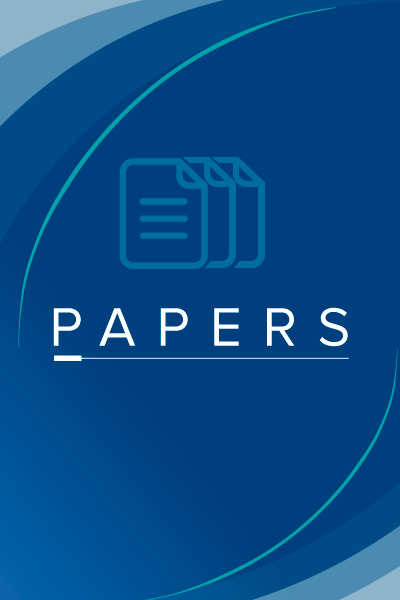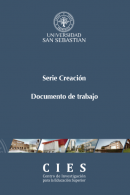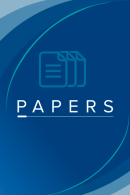
The course of major depression during imprisonment – A one year cohort study
| PROCEDENCIA(S): | Ciencia y Medicina, IPSUSS, USS de La Patagonia. |
|---|---|
| CATEGORÍA(S): | Políticas de Salud y Servicios, Psiquiatría. |
| AUTOR(ES): | Alicia Baier / Rosemarie Fritsch / Yuriy Ignatyev / Stefan Priebe / Adrian P, Mundt. |
| TIPO DE MATERIAL: | Artículos, Encuestas, Investigación. |
| ARCHIVO: |
 Reconocimiento CC BY. Esta obra está bajo una Licencia Creative Commons Reconocimiento CC BY 4.0 Internacional.
Reconocimiento CC BY. Esta obra está bajo una Licencia Creative Commons Reconocimiento CC BY 4.0 Internacional.
Background: First longitudinal studies in prisoners point to improvements of depressive symptoms during imprisonment. The aim of the present study was to assess the course of major depressive disorder during imprisonment and to identify factors influencing remission. Methods: Prisoners with major depressive disorder in a sample of consecutive admissions to the penal justice system in Santiago de Chile were reassessed after one year of imprisonment. Psychiatric diagnoses were established using the Mini-International Neuropsychiatric Interview; psychological symptoms were assessed with the Symptom-Check-List 90 Revised (SCL-90-R). Mean symptom scores were compared at baseline and follow-up using Student’s t-test. Odds ratios (OR) of comorbid disorders and socio-demographic factors at baseline to predict depression at follow-up were calculated. Results: N¼79 out of 80 inmates (99%) with major depression at baseline were included. Thirty-five prisoners (44%) had major depression at follow-up. The mean global severity score and all mean subscale scores of the SCL-90-R improved. High suicide risk was present in 37 prisoners (47%) at admission and in 11 (14%) at follow-up. The comorbid diagnosis of PTSD (OR 6.3; po0.001) at admission and having been previously imprisoned (OR 2.5; p¼0.05) predicted major depressive disorder at follow-up. Limitations: The study could not account for temporary improvements between the assessments. Conclusion: In spite of important symptom improvements, only about half of the prisoners with major depression at admission remit after one year of imprisonment. New interventions should target people with major depression and comorbid PTSD at admission.



